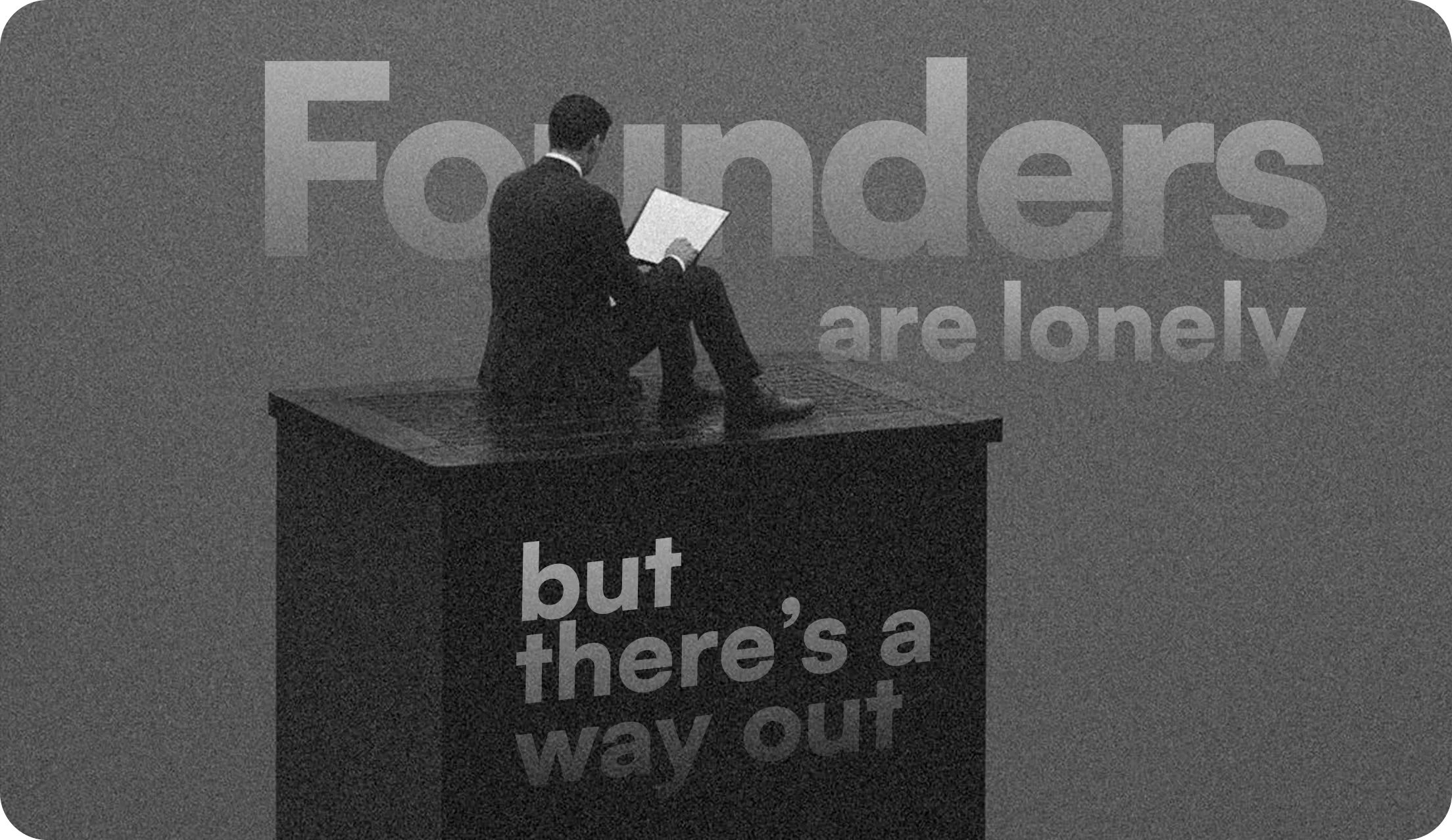
… and it’s rooted in ancient Indian wisdom
The founders’ dilemma has a more serious offshoot. It’s the paradox of loneliness, the unspoken companion of startup leaders. We may not admit it, but facts state otherwise. The UCL Founder Resilience Research Report 2024 found that 76% of founders feel lonely, which is 50% higher than CEOs in traditional corporate settings. The figures prove that the problem is for real. While the world glorifies the hustle and resilience of successful founders, most entrepreneurs quietly wrestle with problems that threaten not only their well-being but also their company’s fate. The irony is that the feeling of isolation slowly overpowers you despite being surrounded by people... a team. You have a great idea, and then you start feeling that your mother, family, friends, and also your team have no idea what you believe in. But just like the founder’s mood, loneliness too is a choice that can make or break you and your company. I made my choice early on.
This is how you can exercise yours.
Thankfully, India’s philosophical heritage offers practical frameworks to transform loneliness into meaningful solitude and lasting connectedness. While there is certainly no shortcut, over time, I explored cultivating values like inner self-awareness and mindful meditation as a route to reducing my own emptiness. Understanding that every individual is a part of the infinite (Brahman) helped me dissolve the sense of separateness, and practising ‘sangha’ brought a sense of belonging.
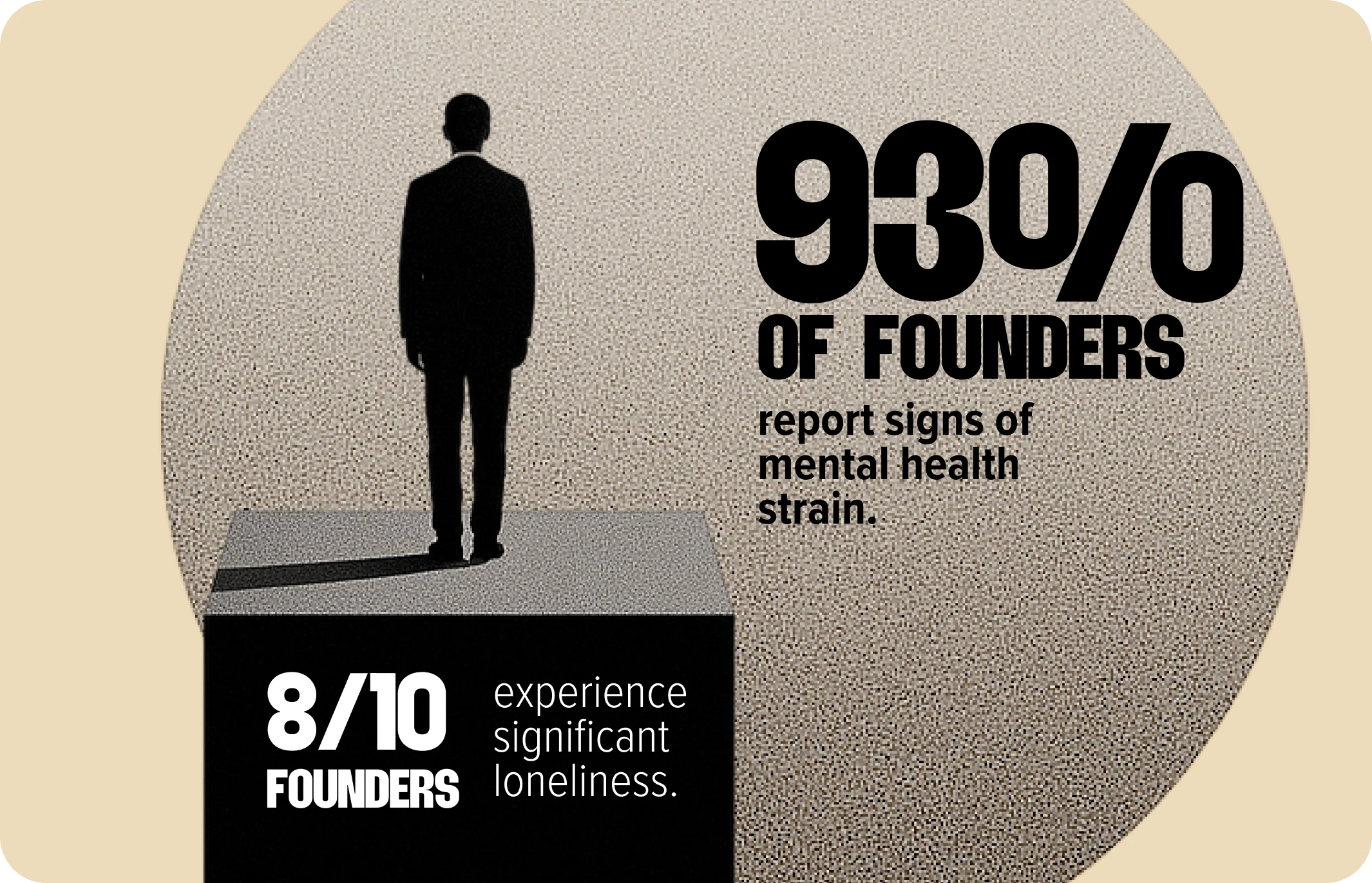
Why does this matter?
As founders, we live with unique pressures like high-stakes decision-making, constant uncertainty, and the emotional burden of leading teams, investors, and families through uncharted territory. When loneliness grows, founders’ self-confidence, self-efficacy, and problem-solving abilities decline. Coupled with the fact that 93% of founders also report signs of mental health strain, it’s clear this is not a fringe concern but a core part of the founder experience.
Nearly eight out of ten founders experience significant loneliness. Anxiety rates among founders are five times the average for other professions. Founders enduring chronic loneliness show disrupted sleep, anxiety, compulsive behaviours, and emotional exhaustion, often feeling “trapped in a cycle of pretending everything is fine while crumbling inside”. Left unchecked, loneliness diminishes work performance, creativity, and decision quality, and increases risk of depression, burnout, and even startup failure.
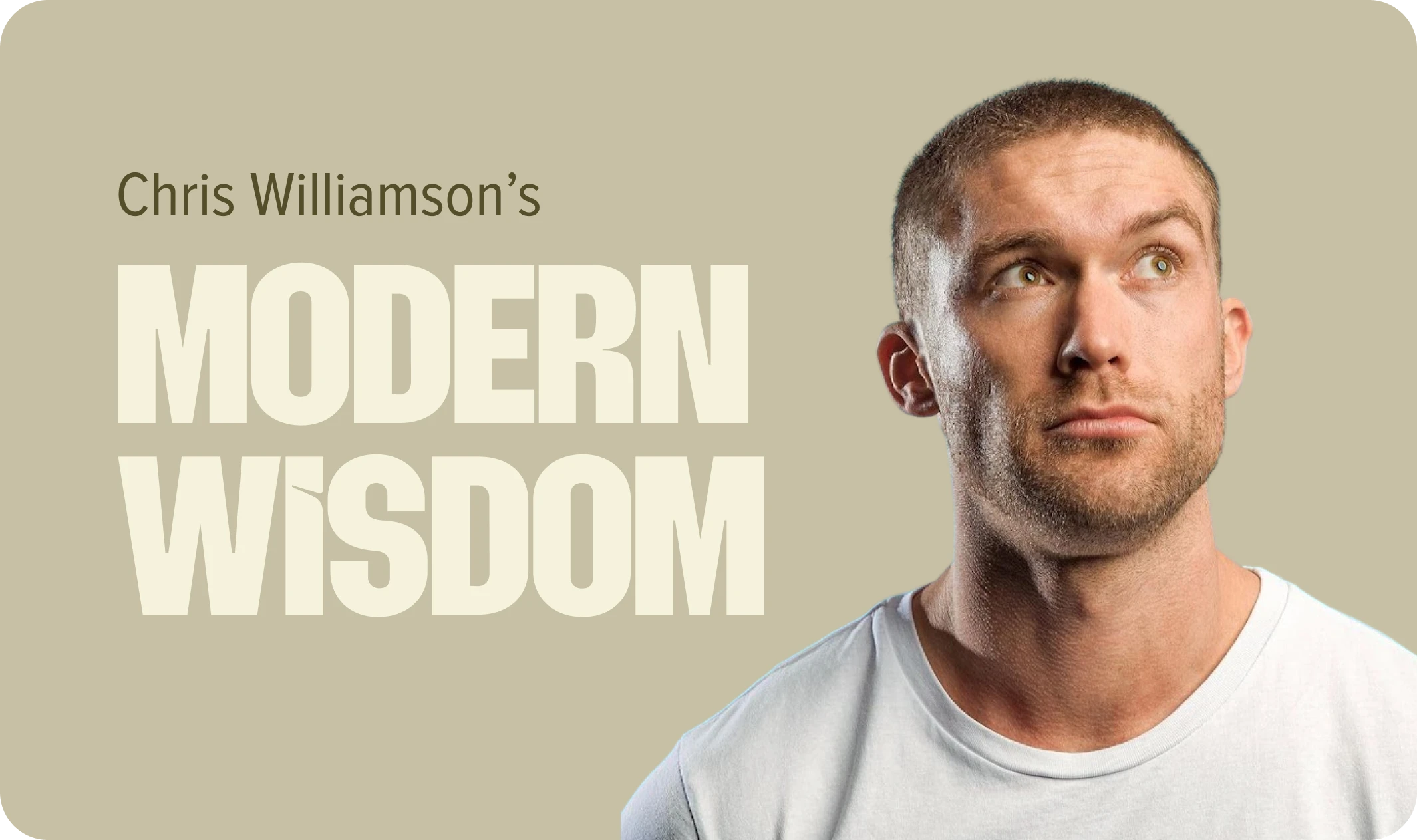
When denial becomes the symptom
During my early years as a founder, I discovered Chris Williamson’s ‘Modern Wisdom’ episode on burnout with Johann Hari (author of Lost Connections), in which the conversation focused on how isolation and meaninglessness are the roots of a lot of mental crashes. That made me rethink how I run team rituals, not just for productivity, but also for belonging. First, there was denial, and fortunately, admission followed soon after. I admitted it was actually true for me as well, that I felt a distance between me and the team. I started moulding my Monday morning ritual of connecting with my team as an hour of belonging, rather than just another productivity hack.

Don’t blame it on yourself
While no single personality profile guarantees loneliness, research identifies several risk factors and patterns. Founders who internalise all business burdens and believe every failure is personally theirs are more vulnerable. Many founders avoid opening up, even to family or co-founders, about emotional struggles, fearing it could undermine team morale or investor trust. Those running startups alone experience more acute isolation, lacking a peer with “skin in the game” who truly relates to the journey. A strong drive combined with fear of “letting others down” further amplifies the emotional burden. At the height of loneliness, a founder starts blaming himself/herself for the failure, and that’s what marks an end in itself.
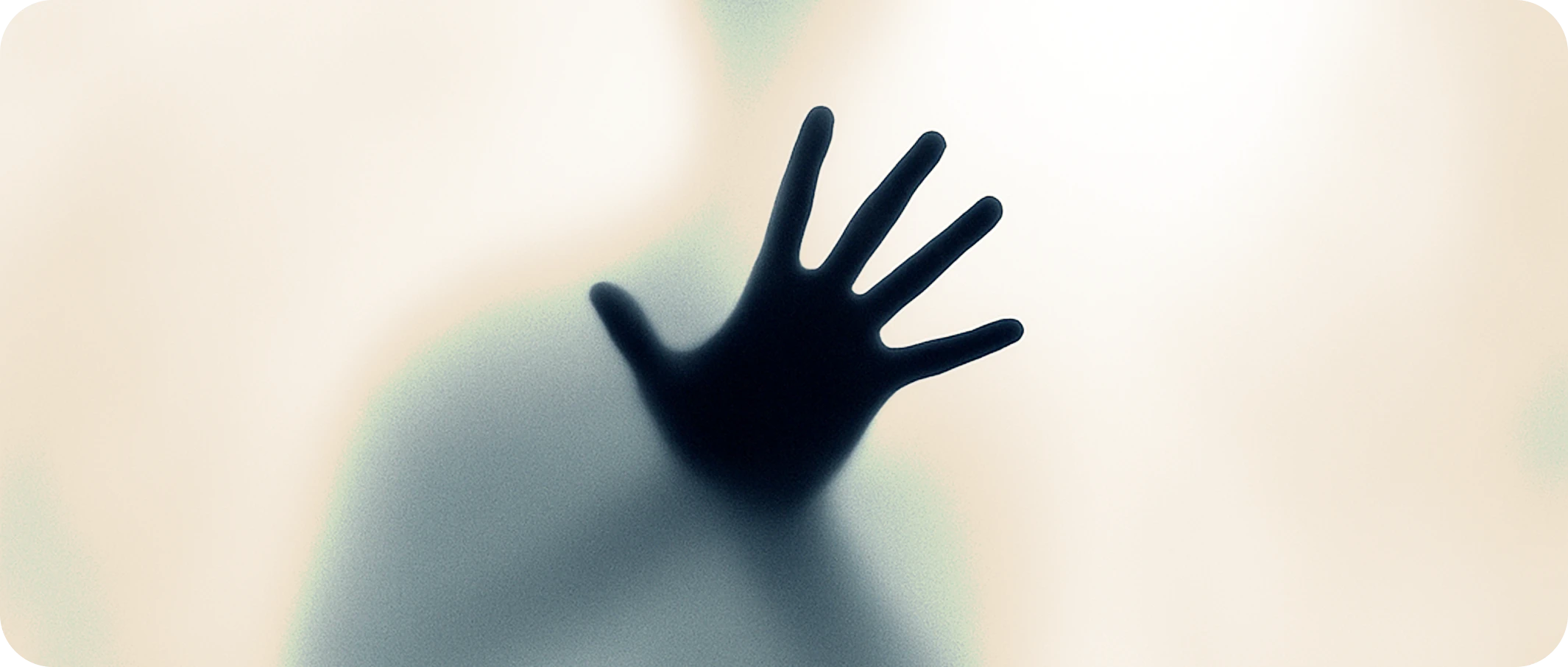
Fog In Decision-Making
The consequences of unchecked loneliness go well beyond personal discomfort. Chronic isolation clouds perspective, leading to suboptimal or overcautious decisions, reacting more from fear than clarity. Disconnected founders may struggle with innovative thinking, as creativity thrives on a healthy mix of solitude and social stimulation. The lonely founder is more susceptible to burnout, with research linking resilience directly to success; those with low resilience scores are twice as likely to consider quitting and four times more overwhelmed. As we have already discussed in a previous newsletter, how teams sense a founder’s emotional state, unaddressed loneliness can result in diminished trust, poor communication, and a weakened company culture.
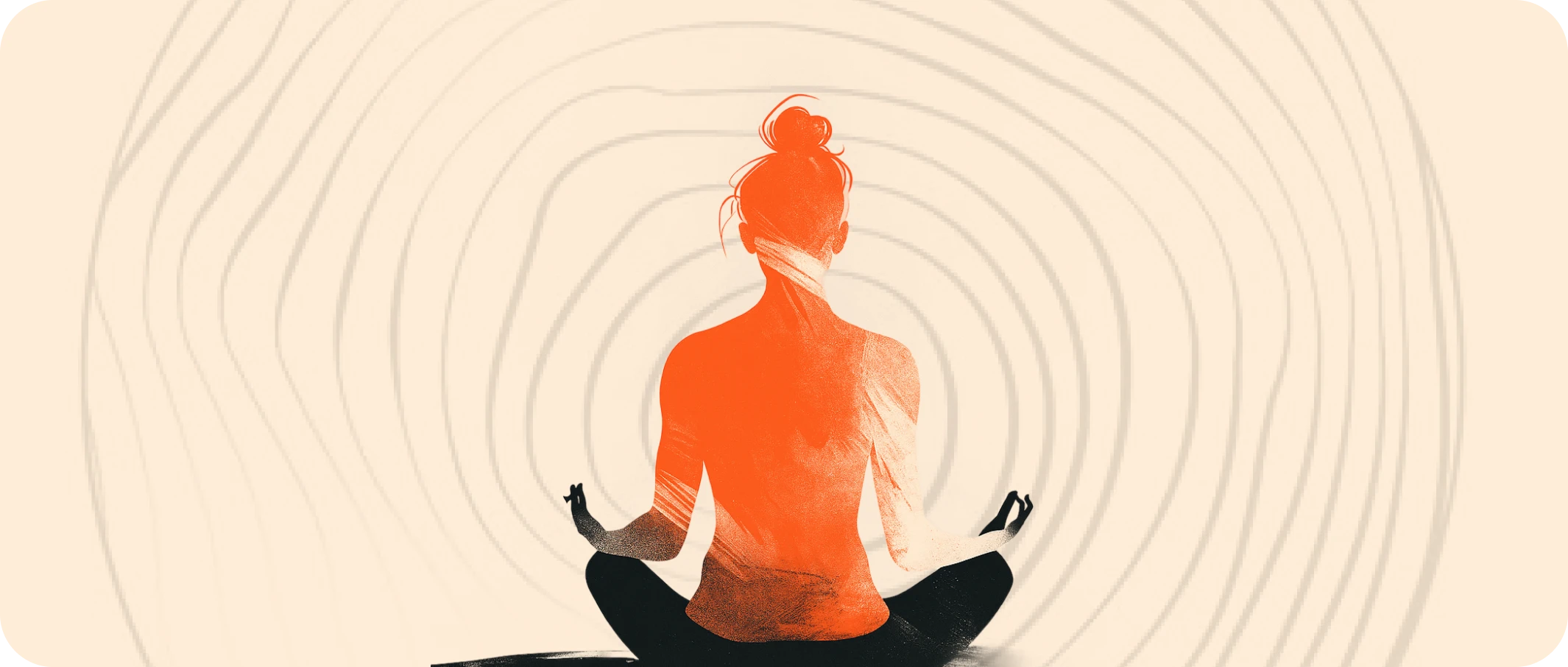
Timeless Techniques
Ancient texts and recent studies show regular meditation reduces anxiety and helps founders gain perspective, self-control, and emotional detachment from transient setbacks. Following the Bhagavad Gita’s teachings on selfless action and equanimity (Karma Yoga) can reframe stressful work and reduce attachment to outcomes, helping overcome negative ruminations. I personally believe in the ancient value of Sangha, or spiritual community, as a foundation for resilience and joy, a principle that can be modernised into professional mastermind groups or empowered team collectives.
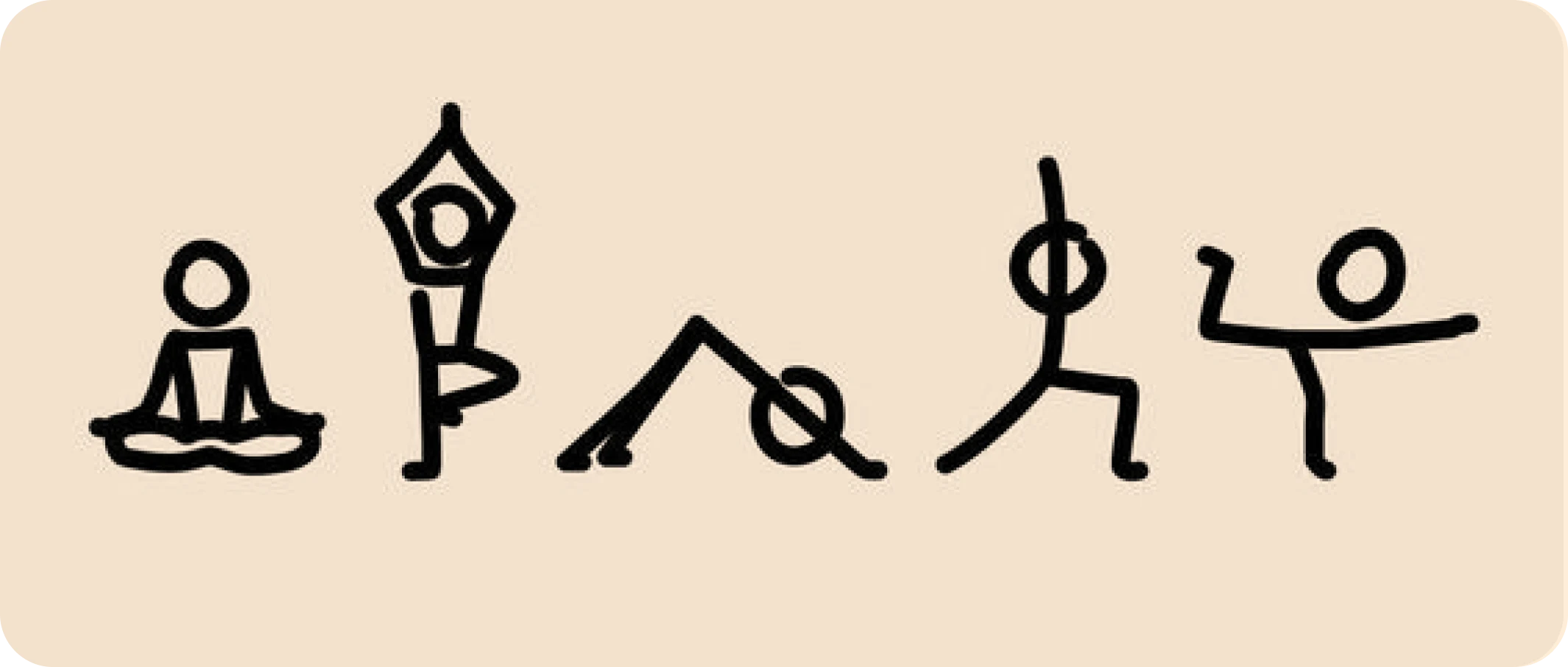
Founder-specific approach
While loneliness is a near-universal part of the founder’s journey, it need not be a source of weakness or shame. Acknowledging vulnerability, building resilience, and seeking wisdom are signs of real leadership. By making connection, self-care, and meaning central, founders equip themselves not only to survive but to thrive with purpose. An integrated yogic approach, including asanas (physical postures), pranayama (breathwork), meditation, and group activity, reduces loneliness by strengthening mind-body awareness, boosting self-compassion, and improving emotional balance. While meditation and yoga calm the mind and body, sangha and seva build external connections, Ayurveda nurtures physical health, and Vedanta reframes your worldview. Together, they create a robust framework to combat isolation while enhancing focus and resilience, the key to entrepreneurial success.
A workbook that keeps me emotionally strong
When feeling overwhelmed, I try a 5-minute “emergency meditation” during a break. Closing your eyes, breathing deeply, and visualising your startup’s mission as a source of purpose reconnects you to your “why,” easing existential loneliness.
I do a 10-minute yoga flow during lunch breaks to break the monotony of work. This could be just simple chair yoga. Pair with music or affirmations like “I am connected to my purpose” to reinforce emotional grounding.
Incorporating a spiritual element, like reading a short passage from the Upanishads or Bhagavad Gita (e.g., Chapter 2 on resilience), sparks deeper thinking for me, aligning with Sangha’s focus on truth and connection.
I also look for tech ‘seva’, aligning with my skills. If you’re a tech founder, help a local school set up a website. This creates impact without draining your schedule. Reflect post-seva on how it felt to give without expectation, a core Vedantic principle.
Journaling questions like “How did this act connect me to others?” deepens the experience. When I am down, I try to think of and write down things that connect me to the world (e.g., customers impacted, team members, nature). This reminds me of interdependence. Further
practice of Neti Neti (not this, not that) meditation helps me reject fleeting identities (I am not my startup, I am not my stress) to rest in pure awareness. This takes no more than 10 to 15 minutes, but has proved transformative for me over time.
Jonathan Hefter, who started Neverware, was quoted in Business Insider, saying, "Starting Neverware as a sole founder was the most isolating experience of my life. Long before I had successes to share, I had failures that could only be called my own." This is the reality for all founders, but not their fate.
Remember, the journey of a founder may be lonely, but it need not be the ‘only’.
… and it’s rooted in ancient Indian wisdom
The founders’ dilemma has a more serious offshoot. It’s the paradox of loneliness, the unspoken companion of startup leaders. We may not admit it, but facts state otherwise. The UCL Founder Resilience Research Report 2024 found that 76% of founders feel lonely, which is 50% higher than CEOs in traditional corporate settings. The figures prove that the problem is for real. While the world glorifies the hustle and resilience of successful founders, most entrepreneurs quietly wrestle with problems that threaten not only their well-being but also their company’s fate. The irony is that the feeling of isolation slowly overpowers you despite being surrounded by people... a team. You have a great idea, and then you start feeling that your mother, family, friends, and also your team have no idea what you believe in. But just like the founder’s mood, loneliness too is a choice that can make or break you and your company. I made my choice early on.
This is how you can exercise yours.
Thankfully, India’s philosophical heritage offers practical frameworks to transform loneliness into meaningful solitude and lasting connectedness. While there is certainly no shortcut, over time, I explored cultivating values like inner self-awareness and mindful meditation as a route to reducing my own emptiness. Understanding that every individual is a part of the infinite (Brahman) helped me dissolve the sense of separateness, and practising ‘sangha’ brought a sense of belonging.

Why does this matter?
As founders, we live with unique pressures like high-stakes decision-making, constant uncertainty, and the emotional burden of leading teams, investors, and families through uncharted territory. When loneliness grows, founders’ self-confidence, self-efficacy, and problem-solving abilities decline. Coupled with the fact that 93% of founders also report signs of mental health strain, it’s clear this is not a fringe concern but a core part of the founder experience.
Nearly eight out of ten founders experience significant loneliness. Anxiety rates among founders are five times the average for other professions. Founders enduring chronic loneliness show disrupted sleep, anxiety, compulsive behaviours, and emotional exhaustion, often feeling “trapped in a cycle of pretending everything is fine while crumbling inside”. Left unchecked, loneliness diminishes work performance, creativity, and decision quality, and increases risk of depression, burnout, and even startup failure.

When denial becomes the symptom
During my early years as a founder, I discovered Chris Williamson’s ‘Modern Wisdom’ episode on burnout with Johann Hari (author of Lost Connections), in which the conversation focused on how isolation and meaninglessness are the roots of a lot of mental crashes. That made me rethink how I run team rituals, not just for productivity, but also for belonging. First, there was denial, and fortunately, admission followed soon after. I admitted it was actually true for me as well, that I felt a distance between me and the team. I started moulding my Monday morning ritual of connecting with my team as an hour of belonging, rather than just another productivity hack.

Don’t blame it on yourself
While no single personality profile guarantees loneliness, research identifies several risk factors and patterns. Founders who internalise all business burdens and believe every failure is personally theirs are more vulnerable. Many founders avoid opening up, even to family or co-founders, about emotional struggles, fearing it could undermine team morale or investor trust. Those running startups alone experience more acute isolation, lacking a peer with “skin in the game” who truly relates to the journey. A strong drive combined with fear of “letting others down” further amplifies the emotional burden. At the height of loneliness, a founder starts blaming himself/herself for the failure, and that’s what marks an end in itself.

Fog In Decision-Making
The consequences of unchecked loneliness go well beyond personal discomfort. Chronic isolation clouds perspective, leading to suboptimal or overcautious decisions, reacting more from fear than clarity. Disconnected founders may struggle with innovative thinking, as creativity thrives on a healthy mix of solitude and social stimulation. The lonely founder is more susceptible to burnout, with research linking resilience directly to success; those with low resilience scores are twice as likely to consider quitting and four times more overwhelmed. As we have already discussed in a previous newsletter, how teams sense a founder’s emotional state, unaddressed loneliness can result in diminished trust, poor communication, and a weakened company culture.

Timeless Techniques
Ancient texts and recent studies show regular meditation reduces anxiety and helps founders gain perspective, self-control, and emotional detachment from transient setbacks. Following the Bhagavad Gita’s teachings on selfless action and equanimity (Karma Yoga) can reframe stressful work and reduce attachment to outcomes, helping overcome negative ruminations. I personally believe in the ancient value of Sangha, or spiritual community, as a foundation for resilience and joy, a principle that can be modernised into professional mastermind groups or empowered team collectives.

Founder-specific approach
While loneliness is a near-universal part of the founder’s journey, it need not be a source of weakness or shame. Acknowledging vulnerability, building resilience, and seeking wisdom are signs of real leadership. By making connection, self-care, and meaning central, founders equip themselves not only to survive but to thrive with purpose. An integrated yogic approach, including asanas (physical postures), pranayama (breathwork), meditation, and group activity, reduces loneliness by strengthening mind-body awareness, boosting self-compassion, and improving emotional balance. While meditation and yoga calm the mind and body, sangha and seva build external connections, Ayurveda nurtures physical health, and Vedanta reframes your worldview. Together, they create a robust framework to combat isolation while enhancing focus and resilience, the key to entrepreneurial success.
A workbook that keeps me emotionally strong
When feeling overwhelmed, I try a 5-minute “emergency meditation” during a break. Closing your eyes, breathing deeply, and visualising your startup’s mission as a source of purpose reconnects you to your “why,” easing existential loneliness.
I do a 10-minute yoga flow during lunch breaks to break the monotony of work. This could be just simple chair yoga. Pair with music or affirmations like “I am connected to my purpose” to reinforce emotional grounding.
Incorporating a spiritual element, like reading a short passage from the Upanishads or Bhagavad Gita (e.g., Chapter 2 on resilience), sparks deeper thinking for me, aligning with Sangha’s focus on truth and connection.
I also look for tech ‘seva’, aligning with my skills. If you’re a tech founder, help a local school set up a website. This creates impact without draining your schedule. Reflect post-seva on how it felt to give without expectation, a core Vedantic principle.
Journaling questions like “How did this act connect me to others?” deepens the experience. When I am down, I try to think of and write down things that connect me to the world (e.g., customers impacted, team members, nature). This reminds me of interdependence. Further
practice of Neti Neti (not this, not that) meditation helps me reject fleeting identities (I am not my startup, I am not my stress) to rest in pure awareness. This takes no more than 10 to 15 minutes, but has proved transformative for me over time.
Jonathan Hefter, who started Neverware, was quoted in Business Insider, saying, "Starting Neverware as a sole founder was the most isolating experience of my life. Long before I had successes to share, I had failures that could only be called my own." This is the reality for all founders, but not their fate.
Remember, the journey of a founder may be lonely, but it need not be the ‘only’.

… and it’s rooted in ancient Indian wisdom
The founders’ dilemma has a more serious offshoot. It’s the paradox of loneliness, the unspoken companion of startup leaders. We may not admit it, but facts state otherwise. The UCL Founder Resilience Research Report 2024 found that 76% of founders feel lonely, which is 50% higher than CEOs in traditional corporate settings. The figures prove that the problem is for real. While the world glorifies the hustle and resilience of successful founders, most entrepreneurs quietly wrestle with problems that threaten not only their well-being but also their company’s fate. The irony is that the feeling of isolation slowly overpowers you despite being surrounded by people... a team. You have a great idea, and then you start feeling that your mother, family, friends, and also your team have no idea what you believe in. But just like the founder’s mood, loneliness too is a choice that can make or break you and your company. I made my choice early on.
This is how you can exercise yours.
Thankfully, India’s philosophical heritage offers practical frameworks to transform loneliness into meaningful solitude and lasting connectedness. While there is certainly no shortcut, over time, I explored cultivating values like inner self-awareness and mindful meditation as a route to reducing my own emptiness. Understanding that every individual is a part of the infinite (Brahman) helped me dissolve the sense of separateness, and practising ‘sangha’ brought a sense of belonging.

Why does this matter?
As founders, we live with unique pressures like high-stakes decision-making, constant uncertainty, and the emotional burden of leading teams, investors, and families through uncharted territory. When loneliness grows, founders’ self-confidence, self-efficacy, and problem-solving abilities decline. Coupled with the fact that 93% of founders also report signs of mental health strain, it’s clear this is not a fringe concern but a core part of the founder experience.
Nearly eight out of ten founders experience significant loneliness. Anxiety rates among founders are five times the average for other professions. Founders enduring chronic loneliness show disrupted sleep, anxiety, compulsive behaviours, and emotional exhaustion, often feeling “trapped in a cycle of pretending everything is fine while crumbling inside”. Left unchecked, loneliness diminishes work performance, creativity, and decision quality, and increases risk of depression, burnout, and even startup failure.

When denial becomes the symptom
During my early years as a founder, I discovered Chris Williamson’s ‘Modern Wisdom’ episode on burnout with Johann Hari (author of Lost Connections), in which the conversation focused on how isolation and meaninglessness are the roots of a lot of mental crashes. That made me rethink how I run team rituals, not just for productivity, but also for belonging. First, there was denial, and fortunately, admission followed soon after. I admitted it was actually true for me as well, that I felt a distance between me and the team. I started moulding my Monday morning ritual of connecting with my team as an hour of belonging, rather than just another productivity hack.

Don’t blame it on yourself
While no single personality profile guarantees loneliness, research identifies several risk factors and patterns. Founders who internalise all business burdens and believe every failure is personally theirs are more vulnerable. Many founders avoid opening up, even to family or co-founders, about emotional struggles, fearing it could undermine team morale or investor trust. Those running startups alone experience more acute isolation, lacking a peer with “skin in the game” who truly relates to the journey. A strong drive combined with fear of “letting others down” further amplifies the emotional burden. At the height of loneliness, a founder starts blaming himself/herself for the failure, and that’s what marks an end in itself.

Fog In Decision-Making
The consequences of unchecked loneliness go well beyond personal discomfort. Chronic isolation clouds perspective, leading to suboptimal or overcautious decisions, reacting more from fear than clarity. Disconnected founders may struggle with innovative thinking, as creativity thrives on a healthy mix of solitude and social stimulation. The lonely founder is more susceptible to burnout, with research linking resilience directly to success; those with low resilience scores are twice as likely to consider quitting and four times more overwhelmed. As we have already discussed in a previous newsletter, how teams sense a founder’s emotional state, unaddressed loneliness can result in diminished trust, poor communication, and a weakened company culture.

Timeless Techniques
Ancient texts and recent studies show regular meditation reduces anxiety and helps founders gain perspective, self-control, and emotional detachment from transient setbacks. Following the Bhagavad Gita’s teachings on selfless action and equanimity (Karma Yoga) can reframe stressful work and reduce attachment to outcomes, helping overcome negative ruminations. I personally believe in the ancient value of Sangha, or spiritual community, as a foundation for resilience and joy, a principle that can be modernised into professional mastermind groups or empowered team collectives.

Founder-specific approach
While loneliness is a near-universal part of the founder’s journey, it need not be a source of weakness or shame. Acknowledging vulnerability, building resilience, and seeking wisdom are signs of real leadership. By making connection, self-care, and meaning central, founders equip themselves not only to survive but to thrive with purpose. An integrated yogic approach, including asanas (physical postures), pranayama (breathwork), meditation, and group activity, reduces loneliness by strengthening mind-body awareness, boosting self-compassion, and improving emotional balance. While meditation and yoga calm the mind and body, sangha and seva build external connections, Ayurveda nurtures physical health, and Vedanta reframes your worldview. Together, they create a robust framework to combat isolation while enhancing focus and resilience, the key to entrepreneurial success.
A workbook that keeps me emotionally strong
When feeling overwhelmed, I try a 5-minute “emergency meditation” during a break. Closing your eyes, breathing deeply, and visualising your startup’s mission as a source of purpose reconnects you to your “why,” easing existential loneliness.
I do a 10-minute yoga flow during lunch breaks to break the monotony of work. This could be just simple chair yoga. Pair with music or affirmations like “I am connected to my purpose” to reinforce emotional grounding.
Incorporating a spiritual element, like reading a short passage from the Upanishads or Bhagavad Gita (e.g., Chapter 2 on resilience), sparks deeper thinking for me, aligning with Sangha’s focus on truth and connection.
I also look for tech ‘seva’, aligning with my skills. If you’re a tech founder, help a local school set up a website. This creates impact without draining your schedule. Reflect post-seva on how it felt to give without expectation, a core Vedantic principle.
Journaling questions like “How did this act connect me to others?” deepens the experience. When I am down, I try to think of and write down things that connect me to the world (e.g., customers impacted, team members, nature). This reminds me of interdependence. Further
practice of Neti Neti (not this, not that) meditation helps me reject fleeting identities (I am not my startup, I am not my stress) to rest in pure awareness. This takes no more than 10 to 15 minutes, but has proved transformative for me over time.
Jonathan Hefter, who started Neverware, was quoted in Business Insider, saying, "Starting Neverware as a sole founder was the most isolating experience of my life. Long before I had successes to share, I had failures that could only be called my own." This is the reality for all founders, but not their fate.
Remember, the journey of a founder may be lonely, but it need not be the ‘only’.

Resonating with this philosophy?
Join the smartest founders mastering the inner game to face the unknown. Read by YC & Sequoia.



To be continued…
A small favor...
I don't run ads. If this brought clarity, the biggest favor you can do is subscribe below.


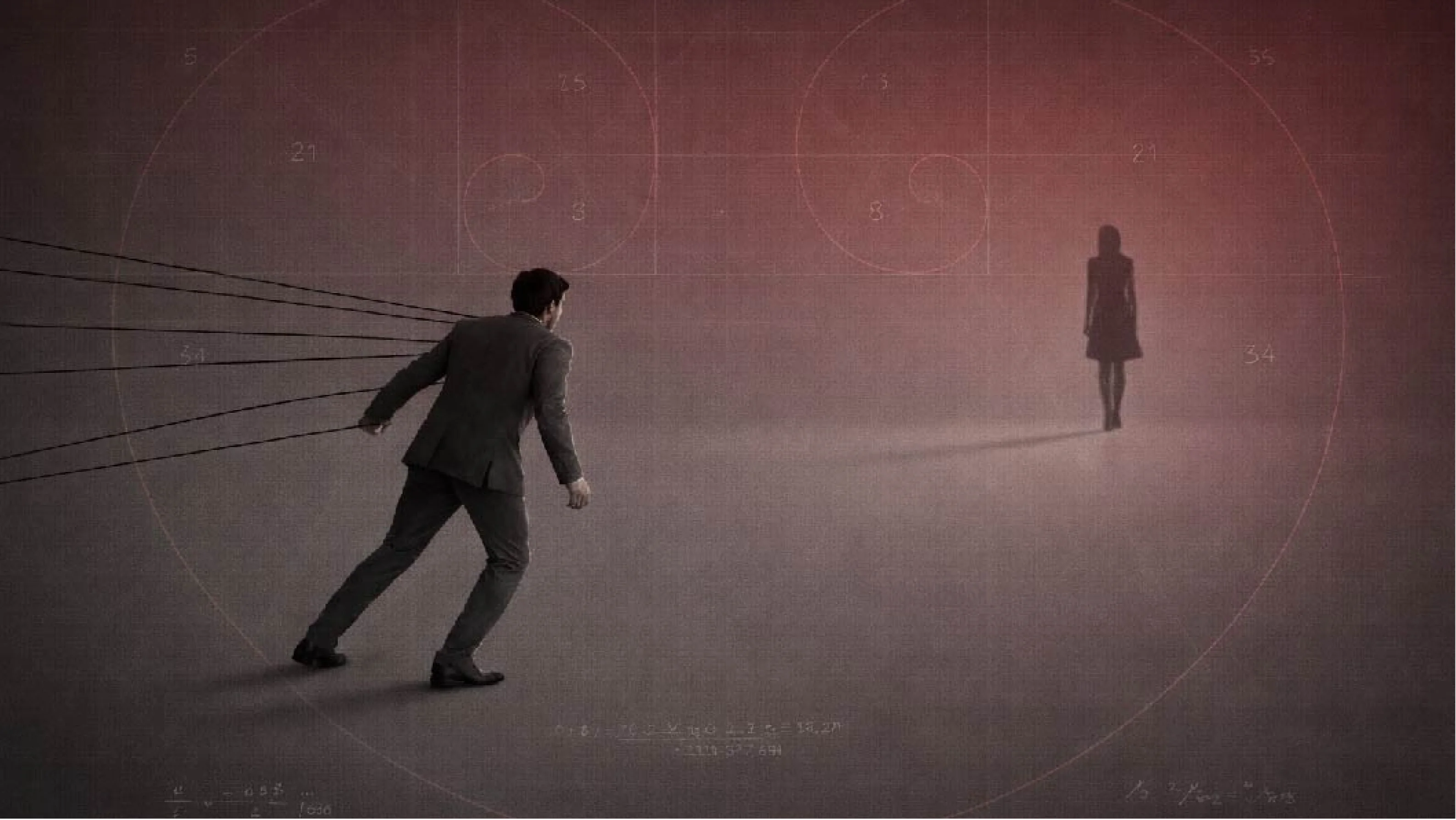

.svg)

.svg)

